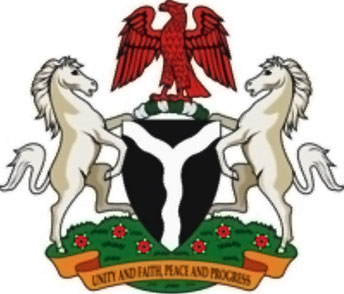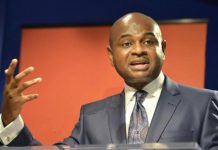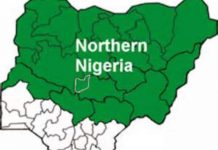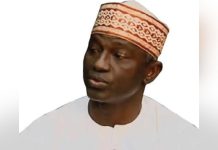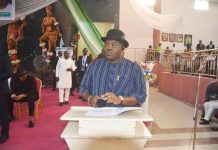Nigeria’s Organised Private Sector’s (OPS) quest for concessionary lending from commercial banks may really not be realised in the near future as an economic expert has foreclosed the chances of a single digit credit coming through in the economy with the Federal Government’s risk free rate still hanging at 13.5 percent.
Consequently, Mr Bayo Rotimi, an economist and managing director of Quest Consulting LLP, who was guest speaker at a recent customer forum organised by Union Bank of Nigeria Limited, in Lagos, advised prospective borrowers to seek alternative ways of cutting their cost instead of waiting for the much taunted intervention rate promised by government. He argued that although intervention funds may eventually come, it would rather be disingenous for businessmen with an eye on profit to risk waiting for low interest intervention fund which does not come fast as this may result in want delays in production.
According to him, the normal thing would be for him to seek restructuring initiatives including tax exemption to cut cost of commercial borrowing at about 25 per cent or more.
He noted that there is no way any commercial bank in the country can lend to businesses at less than CBN risk free rate of 13.5 per cent, given there are several other cost items that banks need to defray to arrive at final lending cost to customers. The former executive said with the anchor rate at 13.5 per cent, banks would now add their cost of funds, cost of operation and other ancillary costs including providing guarantees for borrowers of intervention funds as well as cost of monitoring delinquent borrowers which will eventually raise the lending rate to about 25 per cent or more when it gets to the borrower.
“Lending rate will not drop below the 13.5 per cent until the environment allows banks to lend cheap. You don’t expect to get credit at less than your the country’s anchor rate of 13 .5 per cent. In advanced economies, it usually hovers around 1 – 1.5 per cent or could even be negative in USA”
Rotimi lamented that Nigeria’s struggling economy may likely to continue till year end even as he described President Muhammadu Buhari’s incoming cabinet ministers as the same “old tired and recycled politicians’ who may notbmove the economy forward.
Meanwhile he has also waned that Nigeria’s GDP would likely be closing the year at about 2 percent even though its population growth is at about 3 percent meaning there will be no jobs or infrastructure to cater for the rising population
The former banker noted that over 100million Nigerians are living in extreme poverty an indication that those families depend on $1.9 (about N700) daily to survive, attributing the rising spate of insecurity nationwide to this level of poverty
He also argued that the government’s failure to achieve a balanced budget consistently over the last few years was a clear indication that the country was broke.“We have failed to achieve our revenue target because government have not attained the 2.3million barrels of crude any year but the cost of governance is still rising.
Our recurrent expenditure is 70 percent of national budget now and post Minimum Wage implementation will hit 80 percent. These are indications that the country is broke


